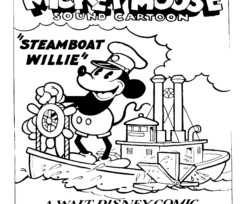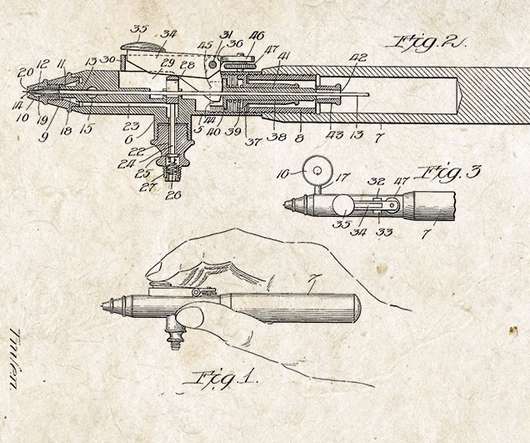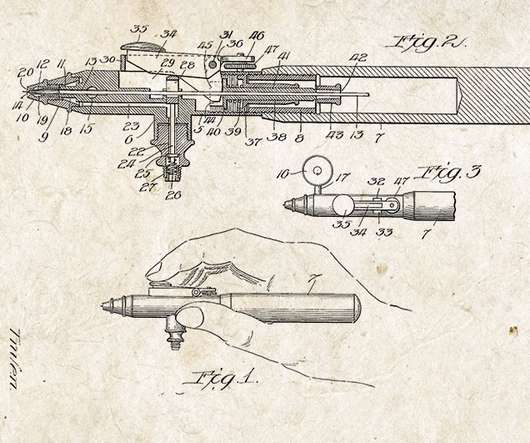Free Mickey? (Don’t Be Goofy)
LexBlog IP
FEBRUARY 29, 2024
Freed from the shackles of copyright, Walt Disney’s iconic rodent was now in the public domain and, therefore, available for everyone to copy. It is no surprise that the legalities of the public domain are more complicated than the headlines suggest. But not so fast.












Let's personalize your content